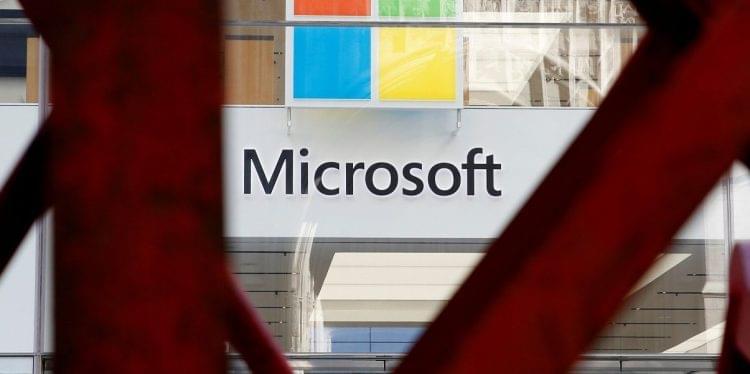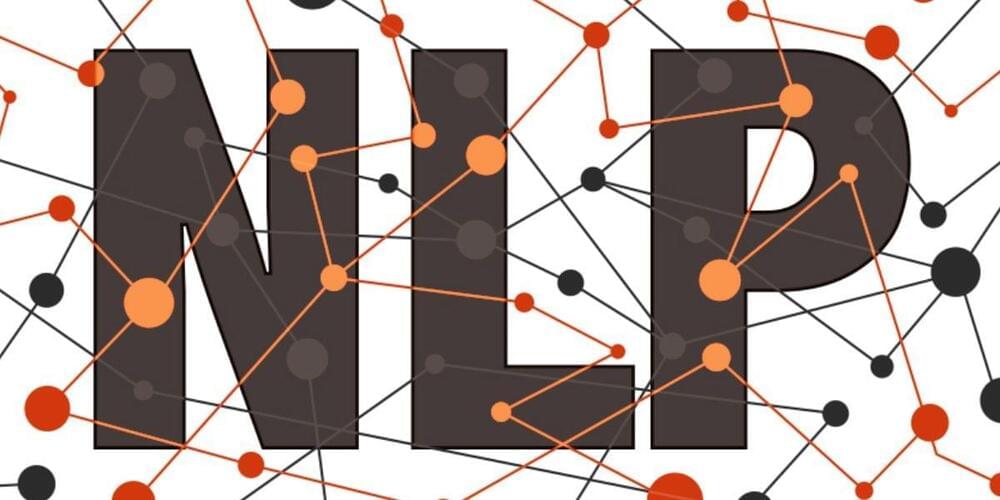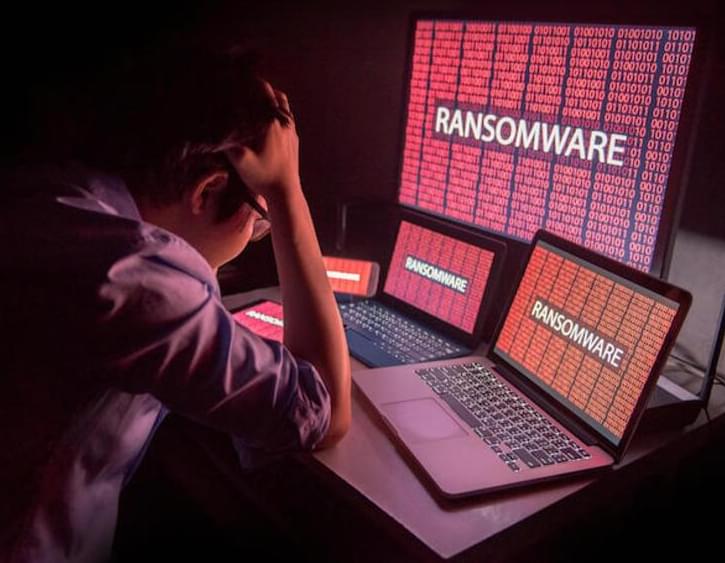Creating Smart Home Ecosystems — Enabling Health & Well-Being In Every Home — Viren Shah, VP & Chief Digital Officer, GE Appliances, Haier
Mr. Viren Shah is Vice President & Chief Digital Officer, at GE Appliances (GEA — https://www.geappliances.com/), the American home appliance manufacturer, now a majority owned subsidiary of the Chinese multinational home appliances company, Haier (https://www.haierappliances.com/).
Mr. Shah has been with GEA since October 2,018 in which time he was appointed to lead the business through a digital transformation with a focus on data/intelligence at the center of gravity.
Prior to becoming part of the Haier company, Mr. Shah was the CIO at Masco Cabinetry, and CIO Council Leader for their parent company, Masco Corporation, the international conglomerate manufacturer of products for the home improvement and new home construction markets.
Mr. Shah has more than 20 years of global experience in creating business value using technology with a strong focus on customers for Fortune 10 organizations, such as his decade at the Walmart organization. He has contributed as a senior leader towards the success of startups, turnarounds and global mergers and acquisitions.



